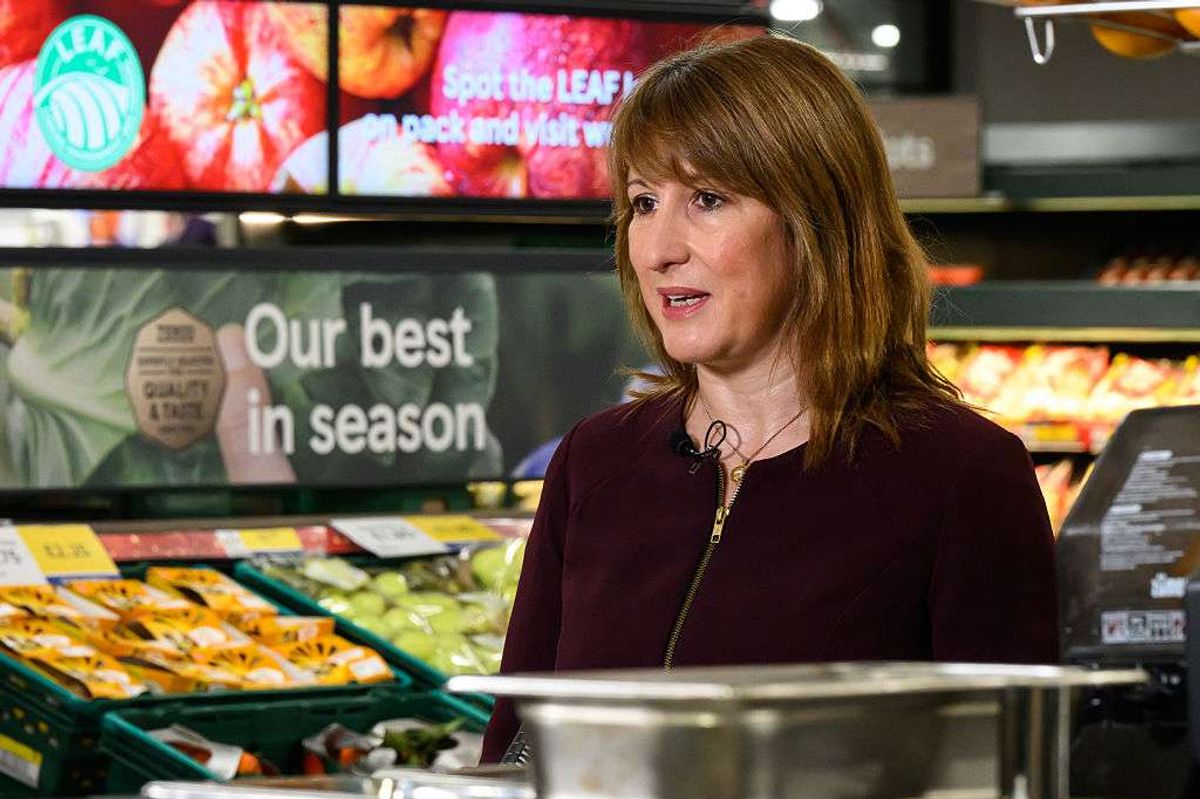Retailers are calling on the government to honour its pledge to overhaul the business rates system, warning that anything less than decisive reform in next week’s Autumn Budget risks prolonging the sector’s struggle to grow and invest.
Jacqui Baker, partner and head of retail at RSM UK, said the industry’s “number one plea” is for a lower, permanent multiplier that delivers meaningful structural change, not “tinkering at the sides”. While the sector expects chancellor Rachel Reeves to announce an update, many fear the government will again opt for short-term fixes such as expanded targeted reliefs.
“Although a small step in the right direction, this won’t be enough to fix structural challenges which continue to weigh on retailers’ ability to grow and invest,” Baker warned.
The Budget arrives at a difficult economic moment for the UK. Fresh data shows GDP growth slowed sharply to 0.1 per cent in Q3 – half the pace economists expected and down from 0.3 per cent in the previous quarter. Unemployment has risen to 5 per cent, while inflation eased slightly to 3.6 per cent in October. The combination of weak growth, a softer labour market and only gradual disinflation leaves the government under pressure to raise taxes to curb debt and fund public services.
For retailers, that backdrop adds to the strain. The sharp rise in employment costs this April still looms large, and speculation of a further national minimum wage (NMW) hike – potentially alongside the scrapping of NMW age bands – is causing “particular concern”. Baker cautions that such a move could not only hit retailers acutely but also stoke inflation, keeping interest rates higher for longer.
Higher borrowing costs are already dampening consumer sentiment. RSM research shows more than a third of Gen Z consumers (34%) would save or invest an unexpected £1,000 windfall rather than spend it – a sign of how cost pressures are curbing discretionary spending.
The timing of the Budget, unusually late in the year, is another challenge. Baker said ongoing speculation about tax rises is creating uncertainty during the vital Golden Quarter: “Not only are some consumers holding off from spending in the lead-up to the Budget, but higher taxes that hit households post-budget will undoubtedly reduce future discretionary spending and could lead to people cutting back further.”
One possible boost for retailers could come from reports that the chancellor may close a customs duty loophole allowing sub-£135 parcels to enter the UK without import duties. Baker said the move could stem the flow of ultra-cheap imports and create a more level playing field, but warned ministers must avoid introducing “friction at the border”.
With weak growth, rising unemployment and a government preparing households for tax increases, retailers say next week’s Autumn Budget is a pivotal moment. Whether it brings fundamental business rates reform – or another round of temporary relief – may shape the sector’s confidence well into 2026.


